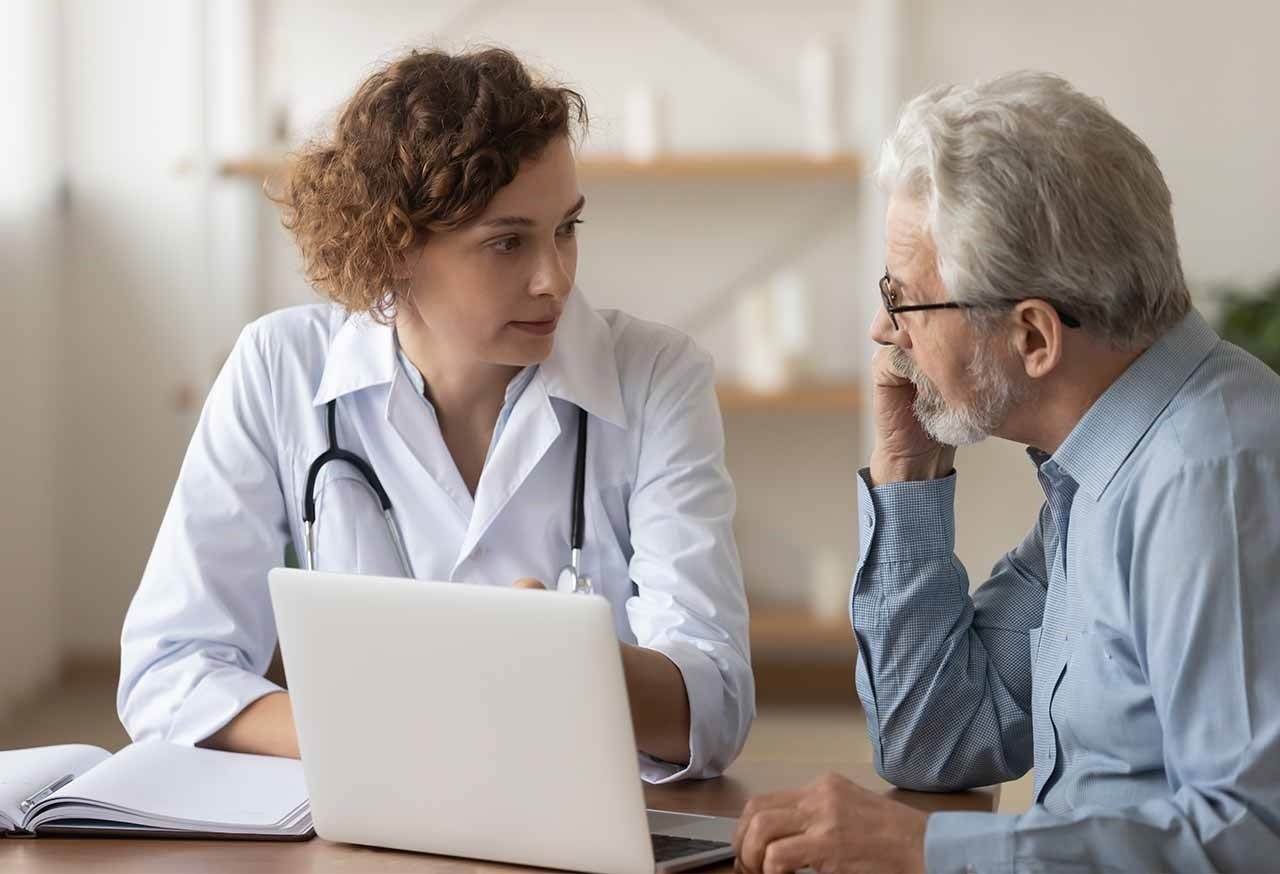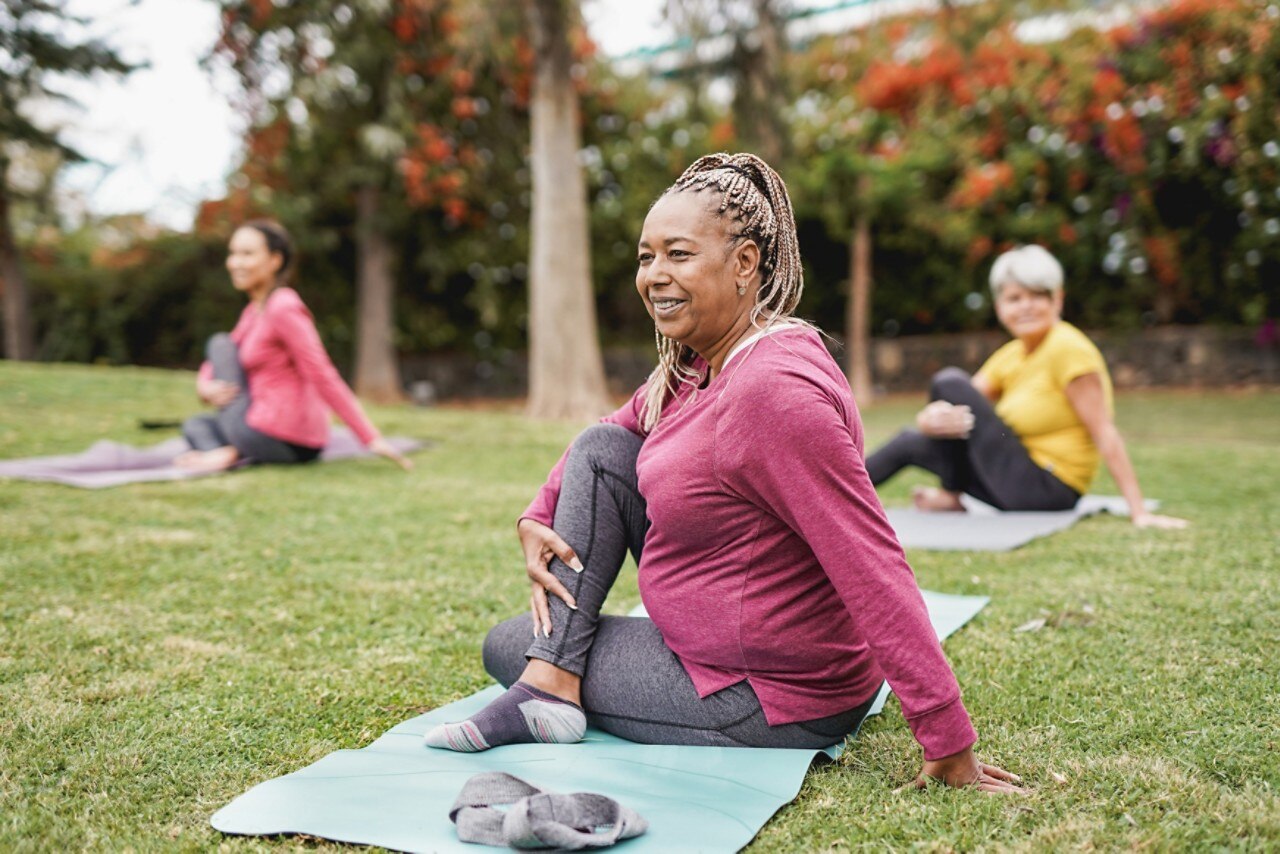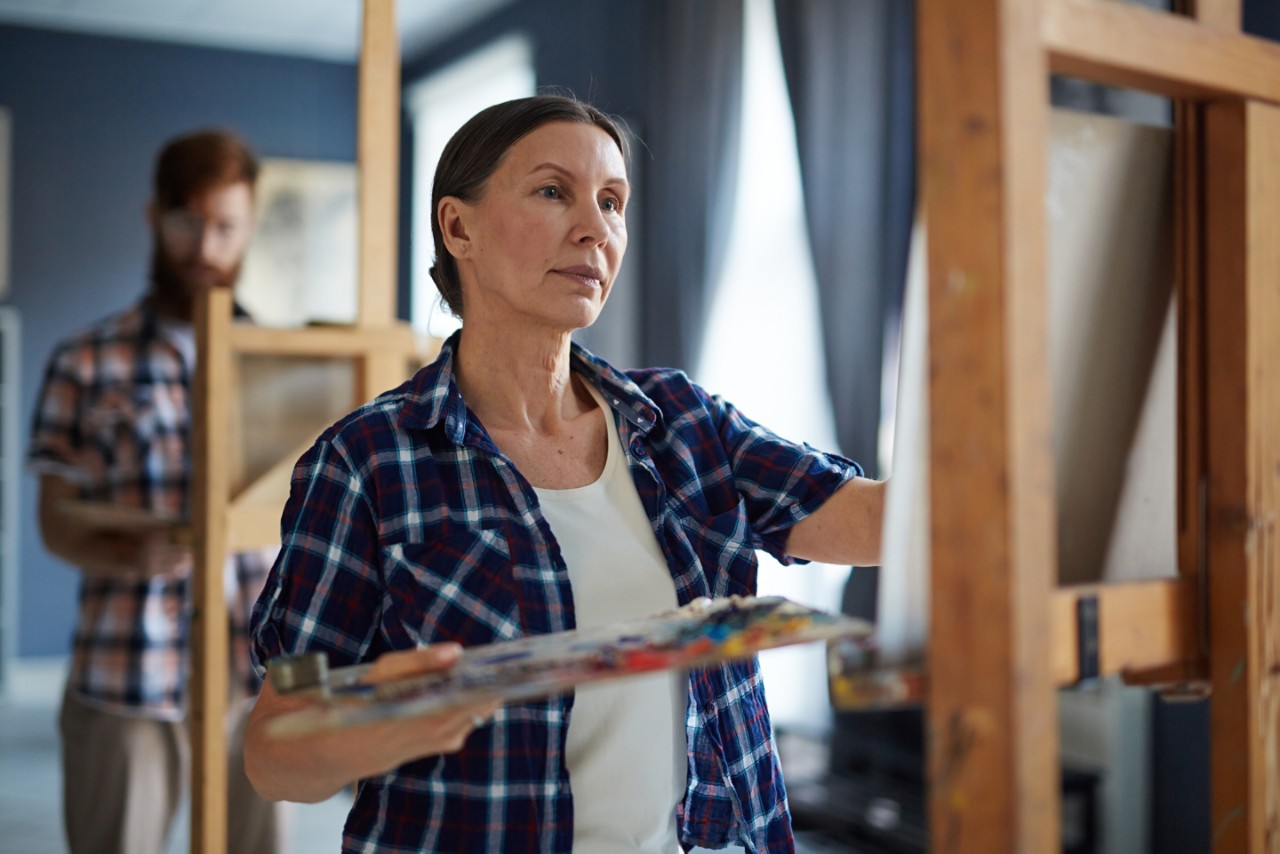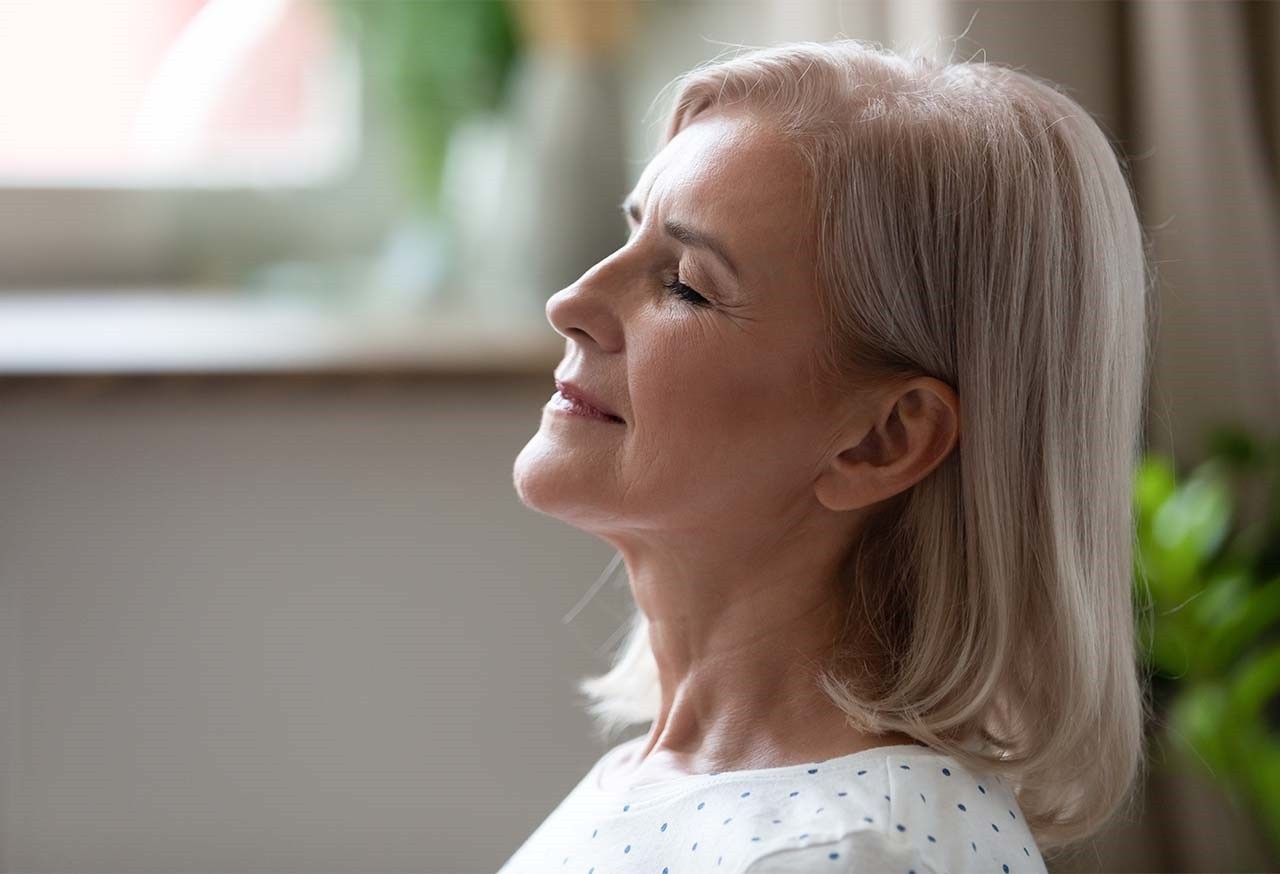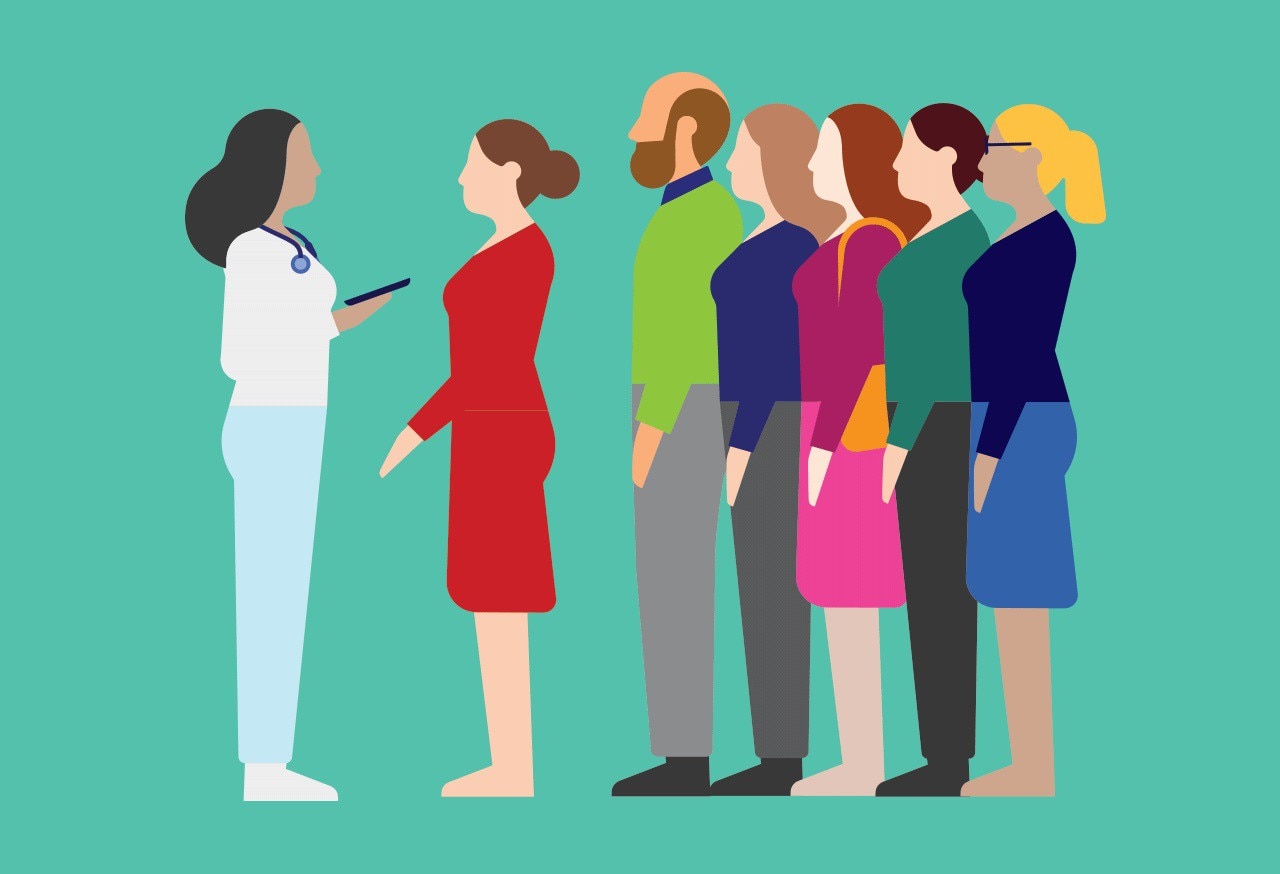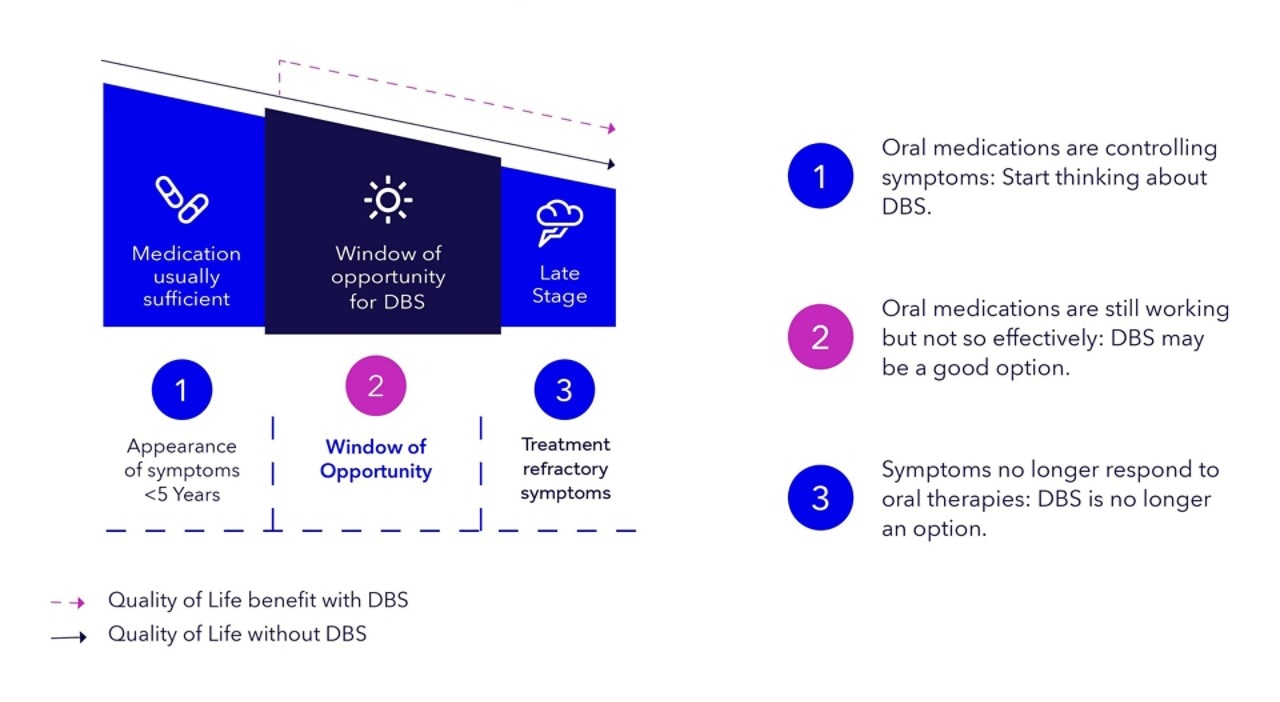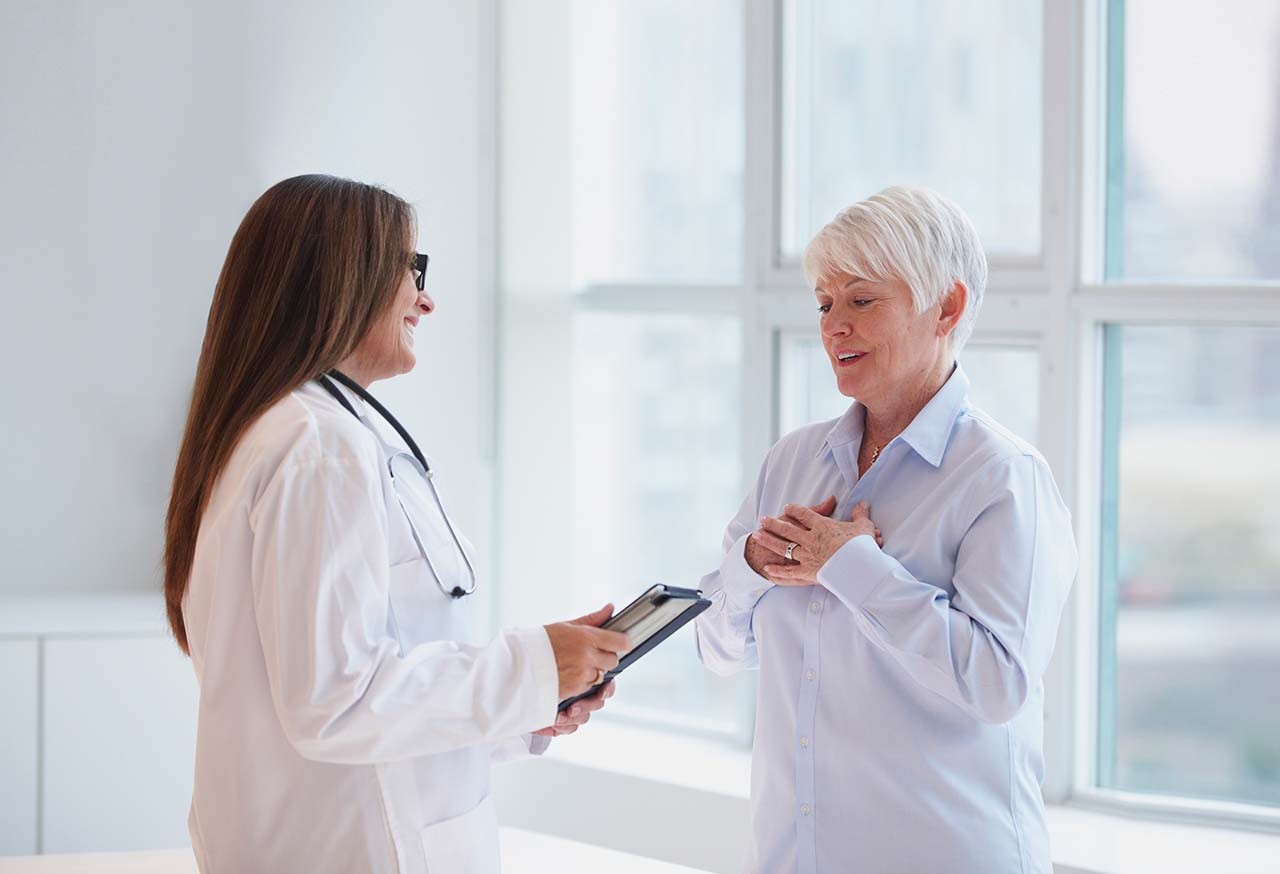Every day, we want to feel life in all its colours and shades. But for people with Parkinson’s, life is different. There are support groups and therapies that may improve their quality of life and help them feel more independent again. Many teams are committed to helping make life easier for People with Parkinson's and everyone else who is affected by the condition. So, if you’re living with Parkinson’s, you’re not alone.
Treatments are available which may help control Parkinson's symptoms.
On World Parkinson’s Day let’s combine our efforts to raise awareness for this disease affecting millions of people worldwide.
TAKE 5 TO LEARN MORE

